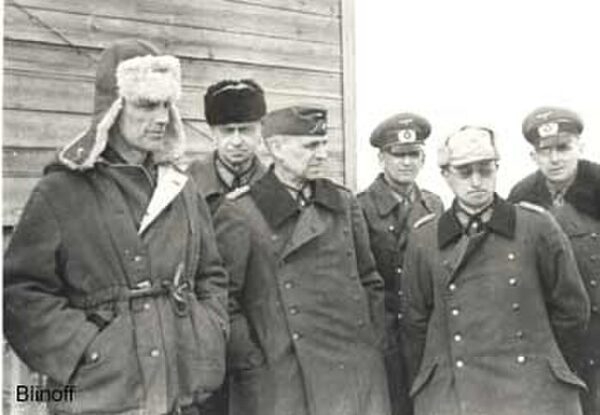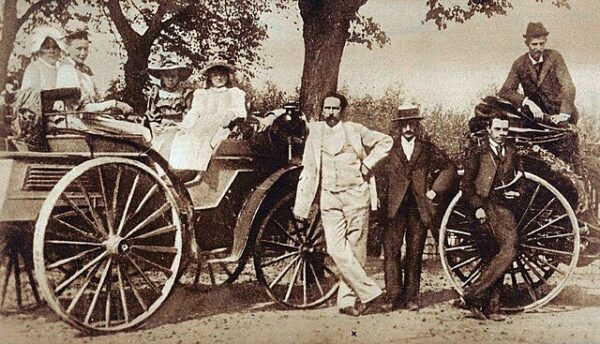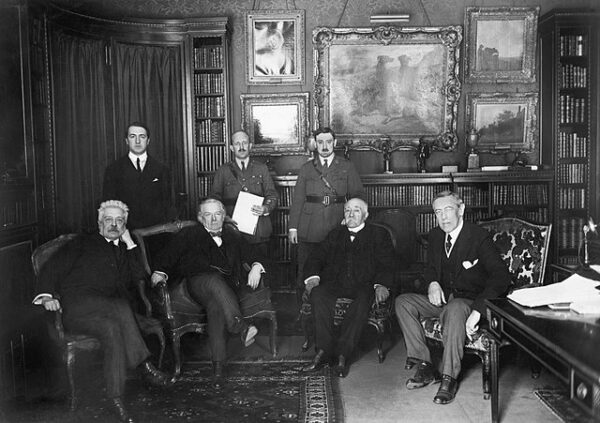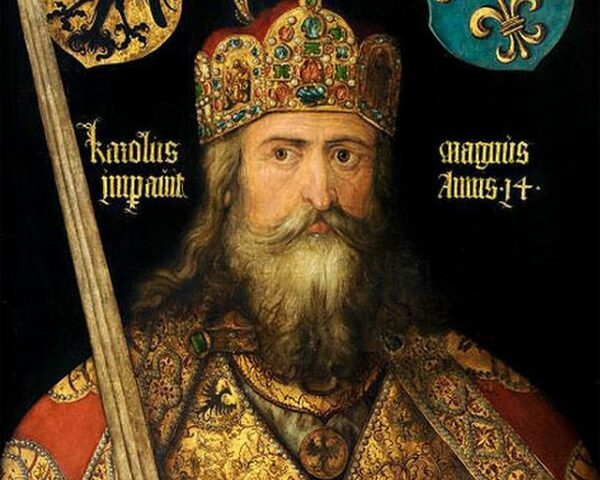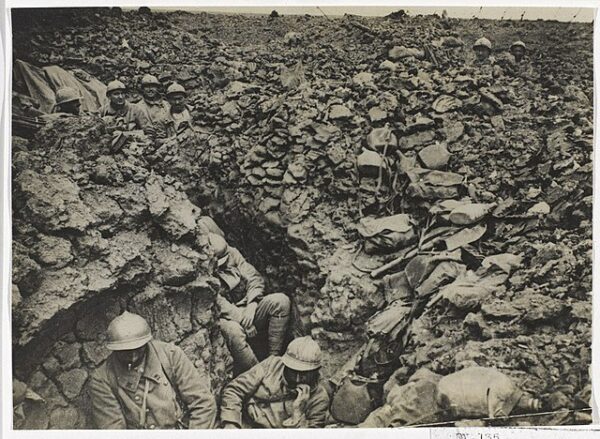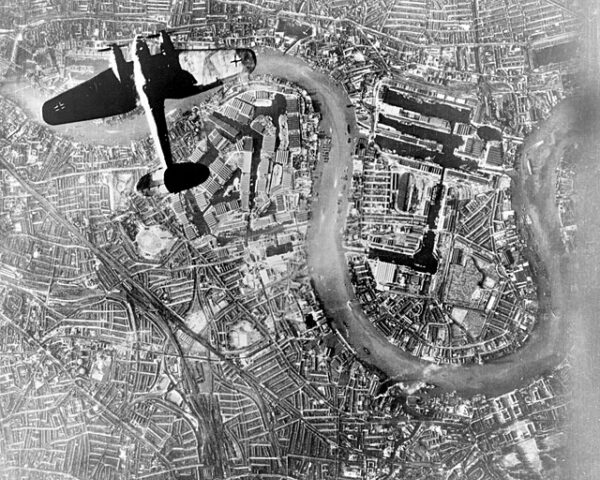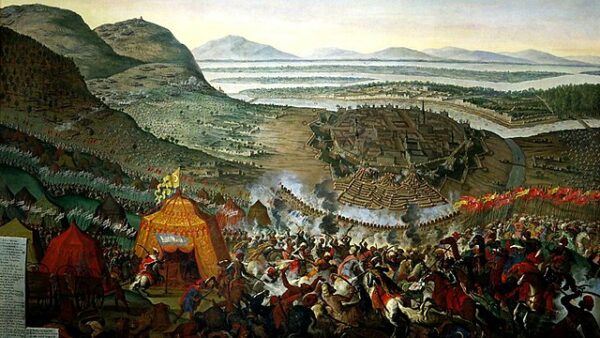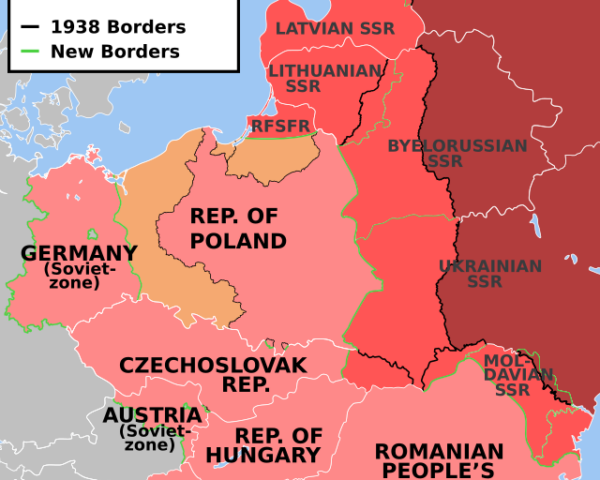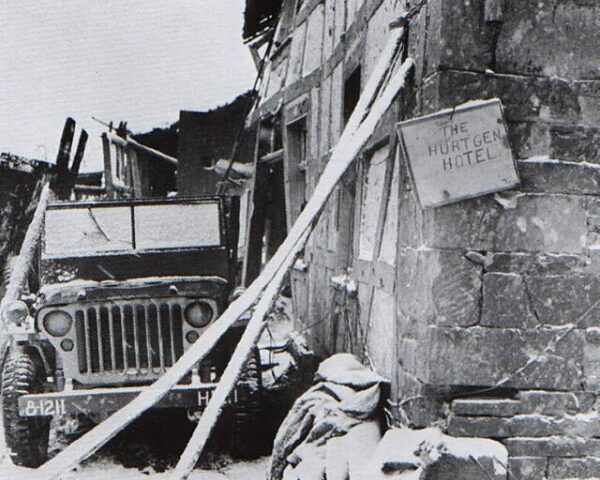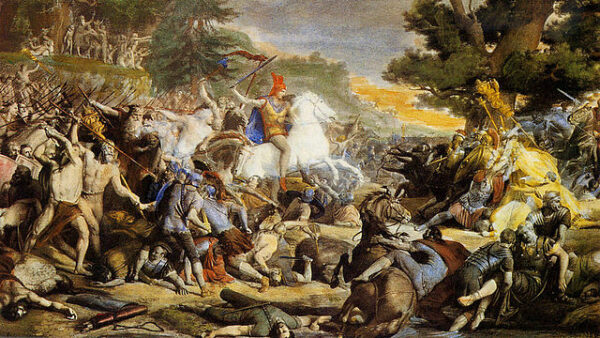On January 31, 1943, the German military catastrophe at Stalingrad reached its irrevocable conclusion. That day, Friedrich Paulus, commander of Germany’s Sixth Army, surrendered the southern pocket of his trapped forces to the Soviet Red Army. Two days later, the remaining German units in…
Read MoreOn January 29, 1886, a German engineer named Karl Benz quietly filed a patent that would help remake the modern world. The document, submitted to the Imperial Patent Office in Berlin, described a “vehicle powered by a gas engine.” It carried little fanfare at…
Read MoreOpening on January 18, 1919, The Paris Peace Conference, following the end of World War I, was a historic gathering that aimed to reshape the world order and establish lasting peace in the aftermath of horrifying destruction. Attended by leaders of the Allied Powers,…
Read MoreOn December 25, 800 AD, in the grand Basilica of St. Peter in Rome, Charlemagne, the King of the Franks, was crowned Holy Roman Emperor by Pope Leo III. This pivotal event not only reshaped European history but also established the political and cultural…
Read MoreThe Battle of Verdun, one of the most grueling and catastrophic battles of World War I, came to an end on December 18, 1916. After ten months of relentless combat, the second French counteroffensive successfully pushed German forces back by two to three kilometers,…
Read MoreIn the dimming light of a crisp October evening in 1940, the Battle of Britain was drawing to a dramatic close. The roar of aircraft engines had become a familiar backdrop to daily life for the British people, who had endured months of relentless…
Read MoreIn the autumn of 1529, the fate of Christian Europe hung precariously over the walls of Vienna. For nearly a month, the Ottoman army—commanded by Sultan Suleiman the Magnificent, ruler of a vast empire stretching from the gates of Persia to the Balkans—besieged the…
Read MoreOn October 8, 1939, just weeks after the invasion of Poland, Nazi Germany officially annexed large portions of the country, marking a significant moment in the early stages of World War II. This act followed the German invasion of Poland on September 1, 1939,…
Read MoreOn September 19, 1944, the United States Army entered a dense, forbidding tract of woodland along the German–Belgian border known as the Hürtgen Forest. What began that morning as a push to clear the area for the advance into the Rhineland would spiral into…
Read MoreOn September 11, 9 AD, the Empire of Rome saw its expanding borders stopped in its tracks. The Battle of the Teutoburg Forest, also known as the Varian Disaster, was a pivotal event in Roman history that took place in 9 CE. It was…
Read More

